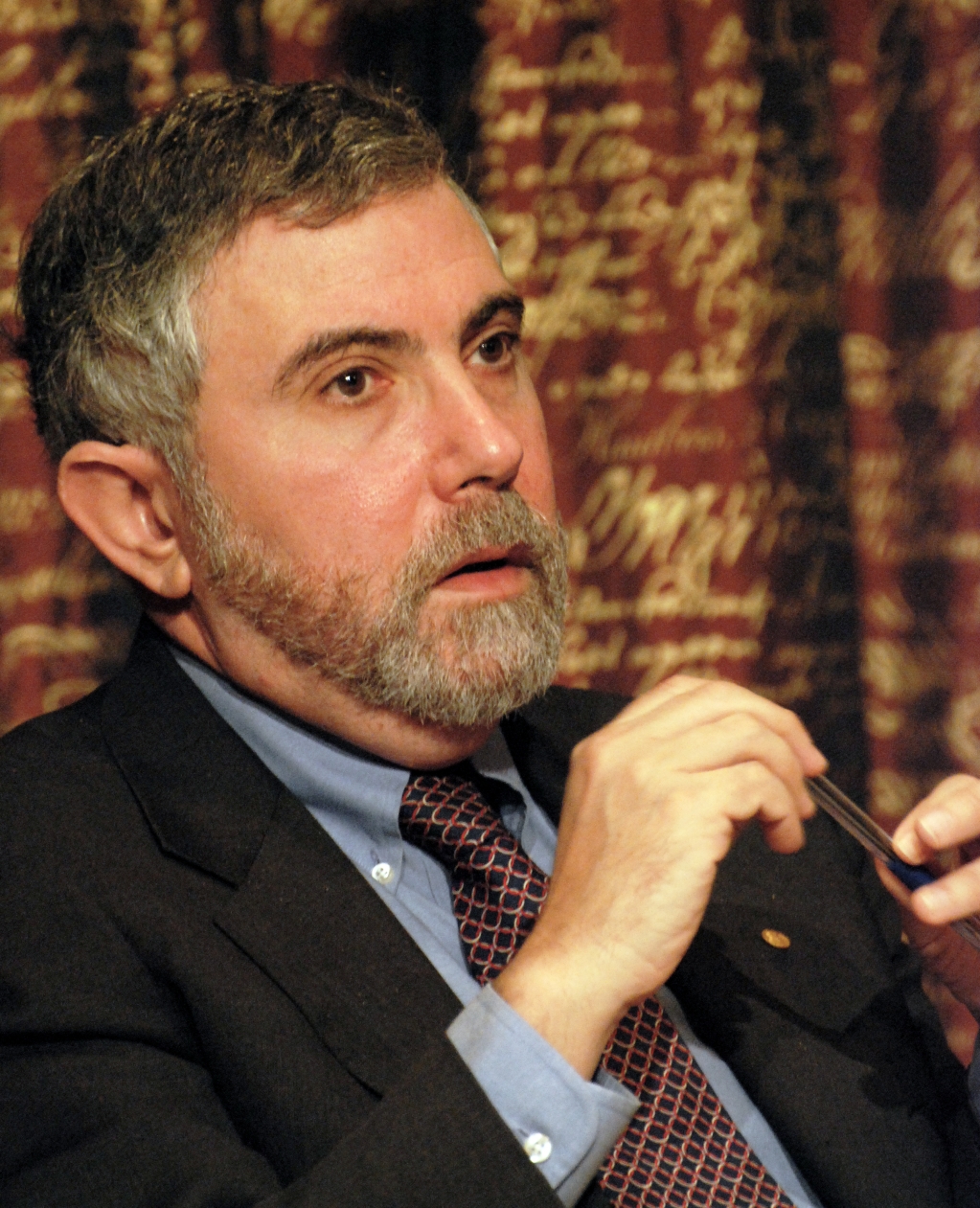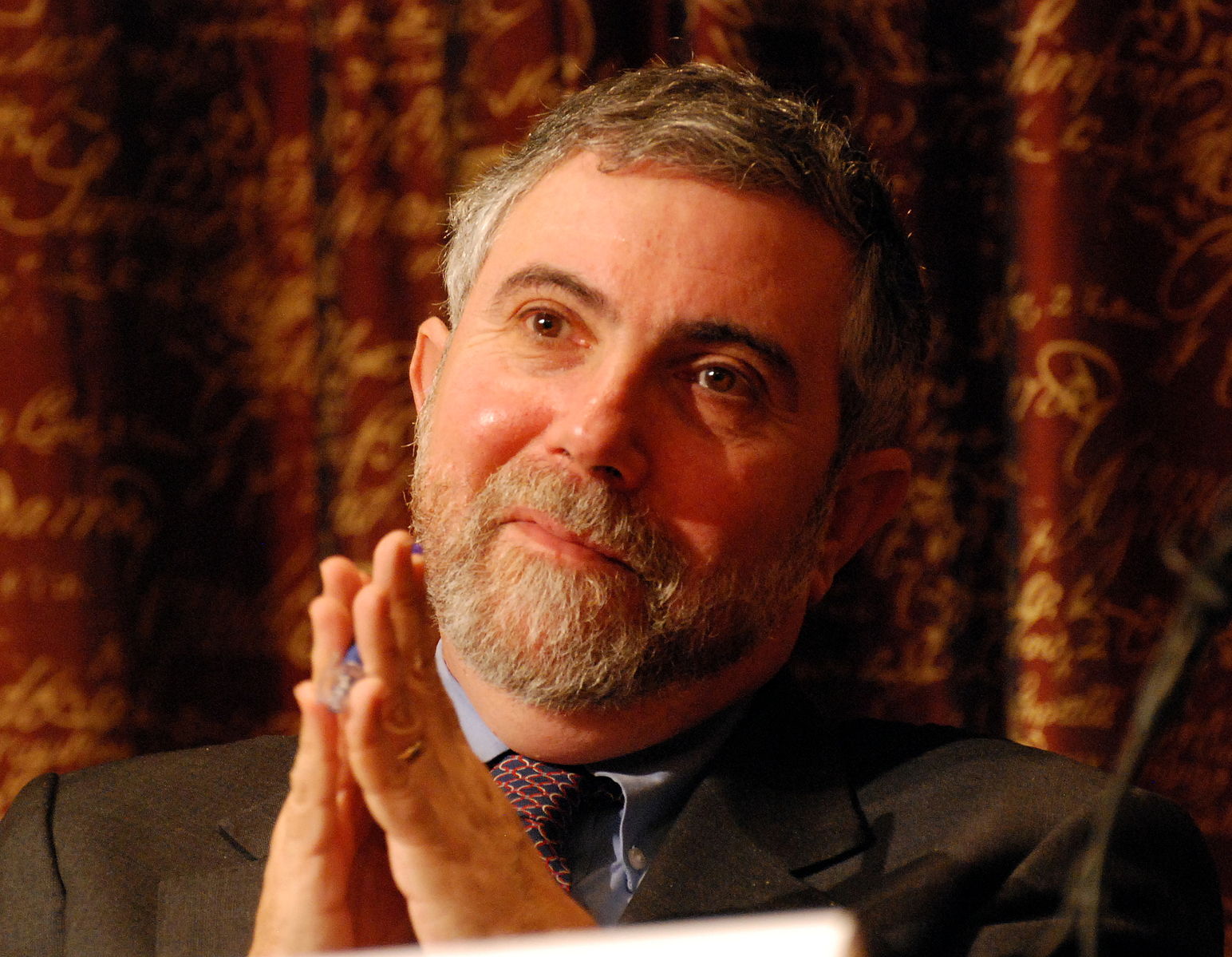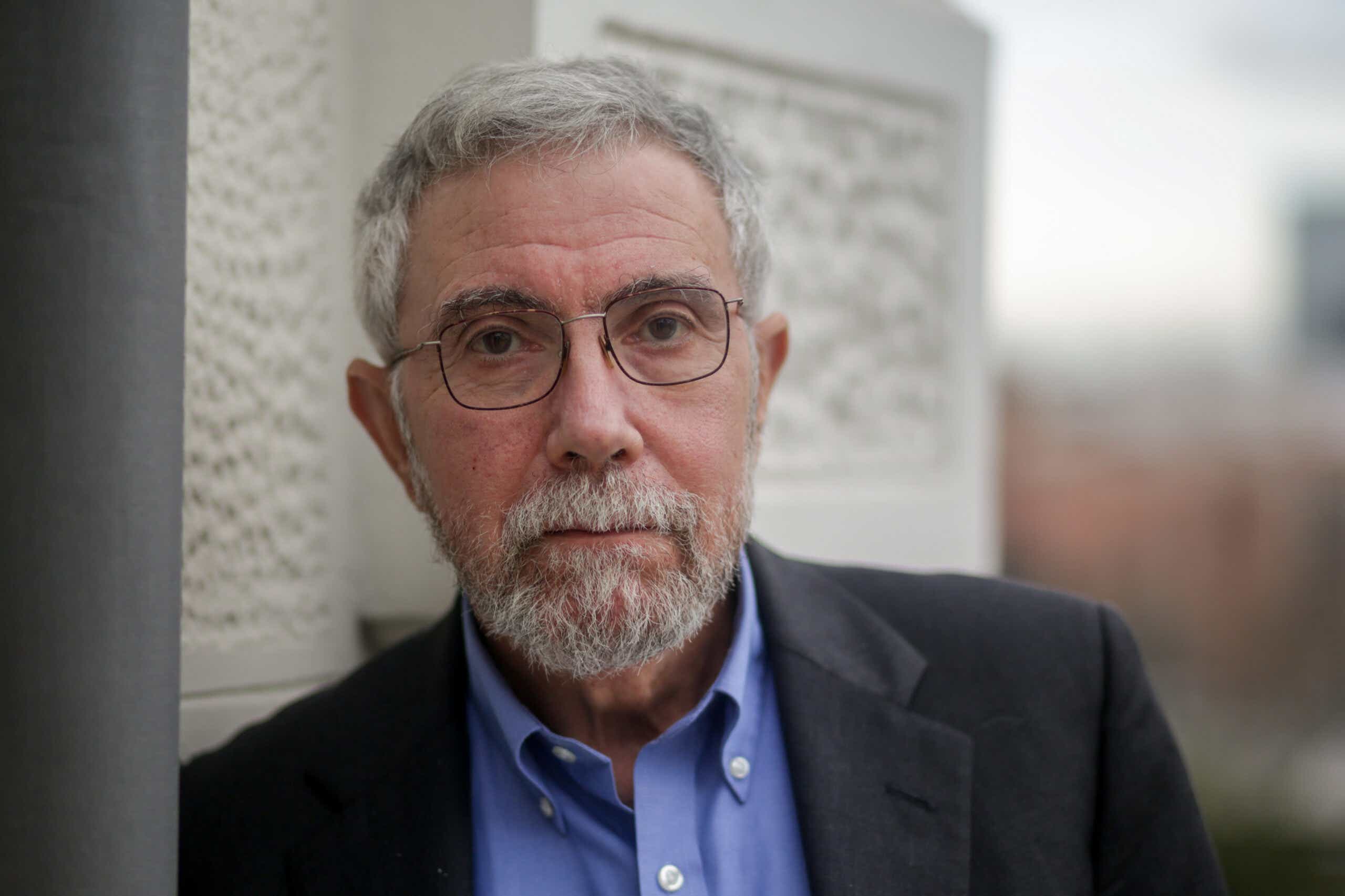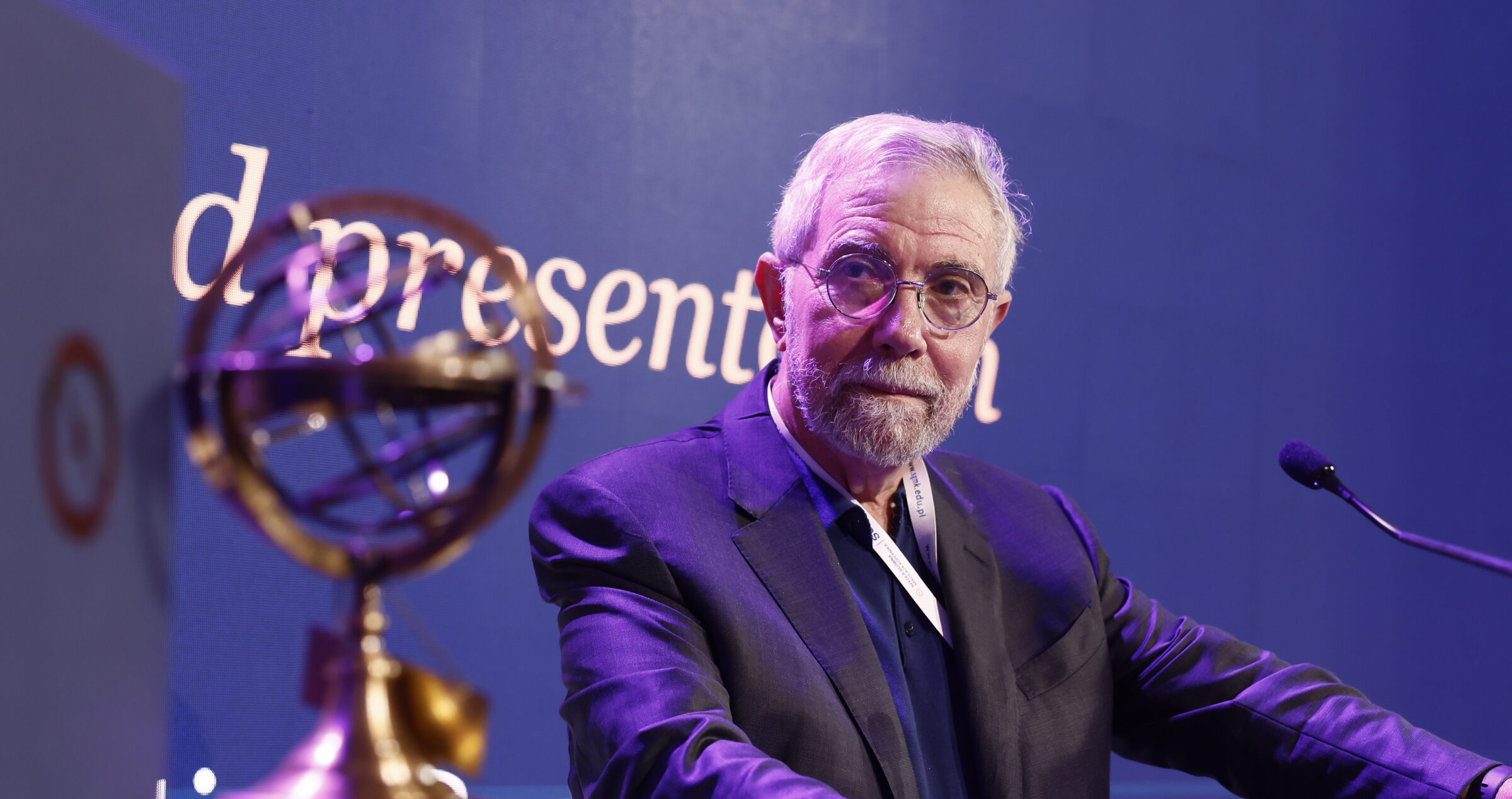Understanding the Impact of Global Trade: Paul Krugman's Insights on the 'Biggest Trade Shock in History'
BlogTable of Contents
- Now Even Paul Krugman Of The New York Times Is Admitting That The Next ...
- Es poco probable que ChatGPT transforme la economía de la próxima ...
- Nobel Prize-Winner Paul Krugman: I'm A 'Loner' | HuffPost Impact
- Krugman Discusses the Impact of Artificial Intelligence and Automation ...
- Professor, New York Time columnist Paul Krugman to leave Princeton for ...
- Nobel Prize-winning economist Paul Krugman says fears of runaway ...
- Paul Krugman: How Election 2020 Results Will Affect Economic Recovery
- Nobel laureate Prof. Paul Krugman received SGMK's "Futurist of the Year ...
- Ποιος είναι ο Paul Krugman – Διεθνης Οικονομικη
- Paul Krugman: GOP Has Become ‘Systematic Enabler Of Terrorism ...



What is the 'Biggest Trade Shock in History'?


Paul Krugman, a Nobel laureate in economics, has been vocal about the potential consequences of this trade shock. In his opinion, the current trade landscape is facing an unprecedented level of uncertainty, which is likely to have a profound impact on the global economy. Krugman argues that the trade shock is not just a result of the trade tensions between the US and China, but also a reflection of a broader shift in the global economic order.


Causes of the Trade Shock


Another factor that has contributed to the trade shock is the growing economic nationalism. Many countries are now prioritizing domestic interests over international cooperation, which has led to a decline in global trade. The rise of populist movements and the increasing skepticism towards globalization have also played a significant role in shaping the current trade landscape.

Implications of the Trade Shock
The implications of the trade shock are far-reaching and have significant consequences for the global economy. According to Krugman, the trade shock is likely to lead to a decline in economic growth, increased unemployment, and higher prices for consumers. The disruption to global supply chains has already led to a decline in business investment, which is likely to have a negative impact on economic growth.In addition to the economic implications, the trade shock also has significant geopolitical implications. The ongoing trade tensions between the US and China have created a high level of tension between the two countries, which has the potential to escalate into a full-blown trade war. This could have significant consequences for global stability and security.
In conclusion, the "biggest trade shock in history" is a significant event that has far-reaching implications for the global economy. Paul Krugman's insights on this topic provide a valuable perspective on the causes and consequences of this trade shock. As the global economy continues to evolve, it is essential to understand the complexities of international trade and the potential consequences of protectionism and economic nationalism. By doing so, we can work towards creating a more stable and prosperous global economy for all.As Krugman notes, the trade shock is a wake-up call for policymakers and businesses to rethink their approach to international trade. It is essential to prioritize cooperation and diplomacy over protectionism and economic nationalism. By working together, we can create a more stable and prosperous global economy that benefits everyone.